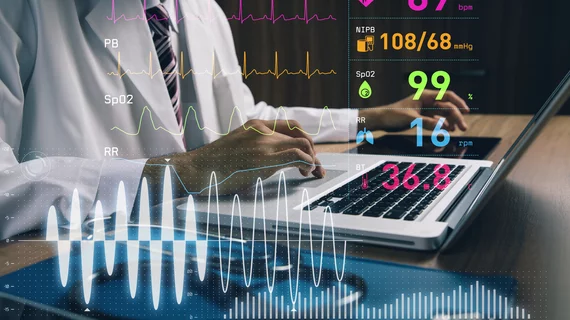Cost of coronavirus care may turn some toward telehealth
Telehealth is having a moment in the sun as a possible answer to help mitigate the spread of the coronavirus by limiting exposure risks to patients and healthcare professionals. In addition, the high cost of COVID-19 care means a huge portion of Americans would think twice about reaching out for treatment and testing.
However, more Americans are open to using telemedicine services to talk to a doctor online for treatment and care, according to a survey of more than 1,000 respondents by Healthinsurance.com.
A whopping 61% of respondents said they have avoided seeking medical care because of the cost. Another 39% said they would “think twice” about seeking medical care for coronavirus due to the treatment cost. Yet, about 64% said they would use telemedicine while practicing social distancing.
Only 21% of respondents have used telemedicine, and 9% have used it during the COVID-19 pandemic. Most respondents (61%) said they were familiar with telemedicine before the pandemic. Unfortunately, only 38% of respondents said their doctor offers visits by telephone.
The high cost of treating coronavirus has come under the limelight after one patient received a medical bill topping $34,000 for care related to COVID–19.
About half of respondents––54%––said a combined effort between the government and health insurance companies should pay for testing in the case of an epidemic like COVID-19. Already, many major health insurers have waived testing cost-sharing for members, but few have waived treatment costs related to COVID–19 care.

